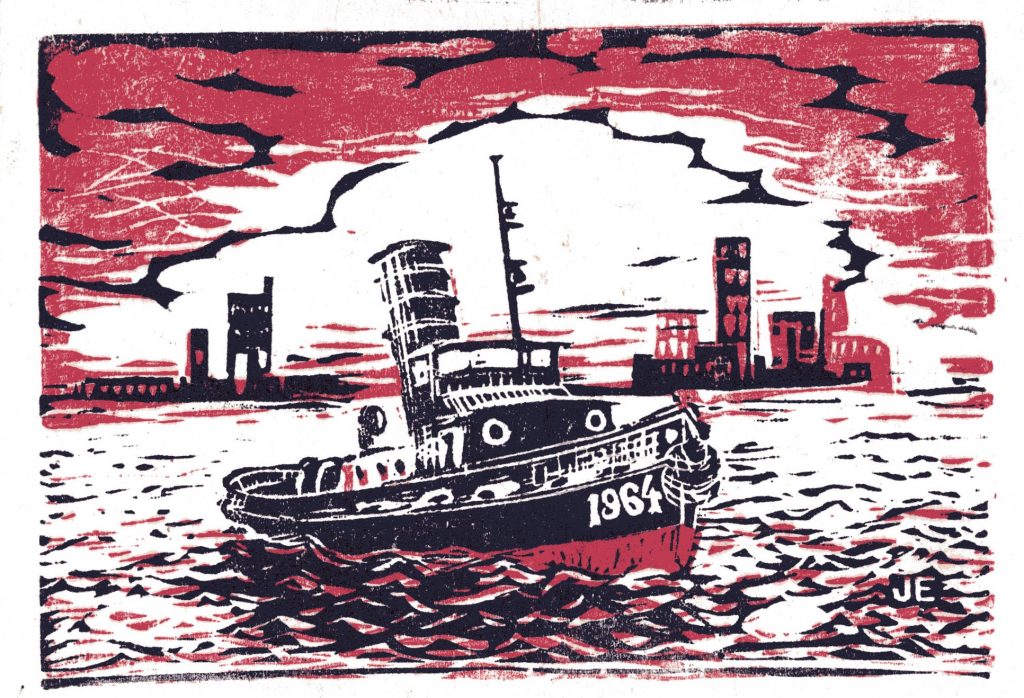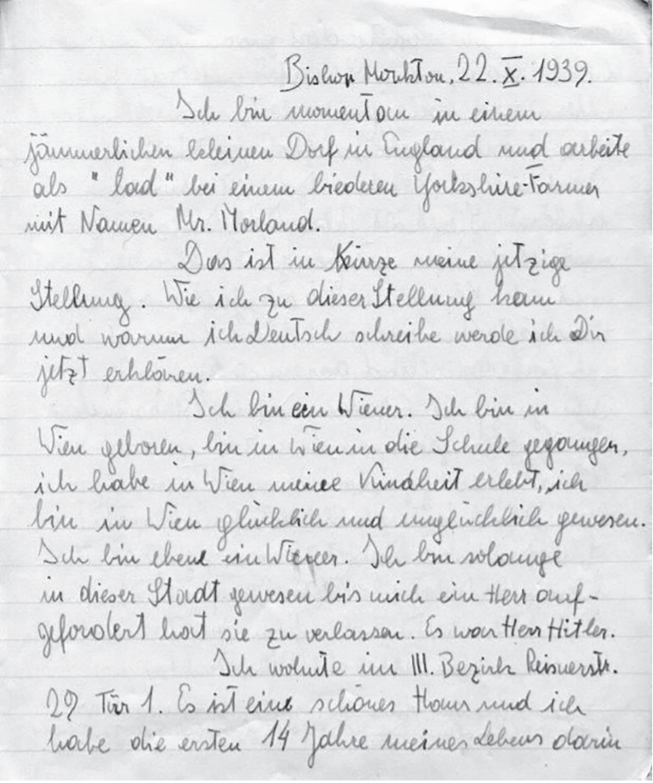Module 2: Gender and Sexuality
Evacuation

Guest Lecture by Dr. Jennifer Craig-Norton
In the following guest lecture, Dr. Jennifer Craig-Norton discusses Gender and Sexuality in relation to Jewish refugees from fascism in the 1930s and ’40s. While listening to Dr. Craig-Norton’s research on the Kindertransport and refugee domestics, reflect on the role of archival material, written testimonies, and oral histories in bringing issues related to gender and sexuality to the foreground.
Susi Bechhöfer
In her guest lecture, Dr. Craig-Norton mentions the experience of Susi Bechhöfer, a young girl who was evacuated from Nazi-Germany along with her twin sister on their third birthday. To learn more about Susi and her sister, Lotte, their lives as Grace and Eunice, and Susi’s identity rediscovery, read Rosa’s Child: One Woman’s Search for Her Past (see publication information below).
Bechhöfer, Susi et Josephs, Jeremy. Rosa’s Child: One Woman’s Search for Her Past. Tauris, 1999.
Truus’ Children
On December 5th, 1938 at 9:30am, Truus entered Adolf Eichmann’s office at his headquarters in Vienna. In an interview given to British writer Barry Turner, Truus mentioned that after introducing herself, Eichmann harshly replied that he was not accustomed to dealing with women, to which she replied that her husband was at work and that Eichmann would have to put up with her. She explained to him that the ”English government in London had given permission for 10,000 children to come to England and that she hoped that he would extend this opportunity to the Austrian families,” (Turner 42). Learn more about their meeting and this courageous woman in the following trailer from the documentary Truus’ Children.
To learn more about the documentary, visit the Truus children website or find them on Facebook.
Oral History by Josef Eisinger
In his oral history, Josef describes the Kindertransport operation through which he was evacuated. Listen carefully as he explains the difference between his unusual experience and reflects on the ways in which his age and gender affected his arrival and refugee experience.
Assigned Readings
Diary Entry by Josef Eisinger


